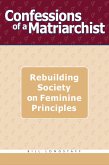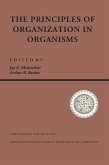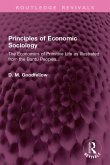In "Principles of City Land Values," Richard M. Hurd meticulously explores the intricate relationships between urban land values and the socio-economic factors influencing them. Through a blend of empirical data and theoretical analysis, Hurd employs a clear and accessible literary style that invites readers to engage deeply with the material. Set within the broader context of urban economics and land-use theory, the book dissects concepts such as rent theory, urbanization patterns, and municipal planning, making significant contributions to the understanding of land value dynamics in burgeoning cities during the early 20th century. Richard M. Hurd, an influential economist and scholar, is recognized for his expertise in urban studies and his dedication to elucidating the economic foundations of land use. His experiences in both academic and practical realms inform his insights, as he draws upon case studies and historical contexts to illustrate the evolving principles governing land valuation. Hurd's work reflects a period of significant urban development, capturing the challenges and innovations faced by cities grappling with rapid change. I highly recommend "Principles of City Land Values" for anyone seeking a comprehensive understanding of the factors that shape urban land values. Whether you are an urban planner, an economist, or simply a curious reader interested in the dynamics of city landscapes, Hurd's insightful analysis provides essential perspectives that resonate across disciplines, ensuring its relevance even today.
Dieser Download kann aus rechtlichen Gründen nur mit Rechnungsadresse in A, B, BG, CY, CZ, D, DK, EW, FIN, F, GR, H, IRL, I, LT, L, LR, M, NL, PL, P, R, S, SLO, SK ausgeliefert werden.



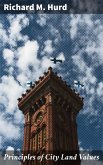
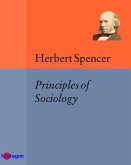

![On the Principles of Social Gravity [Revised edition] (eBook, ePUB) On the Principles of Social Gravity [Revised edition] (eBook, ePUB)](https://bilder.buecher.de/produkte/52/52382/52382255m.jpg)
